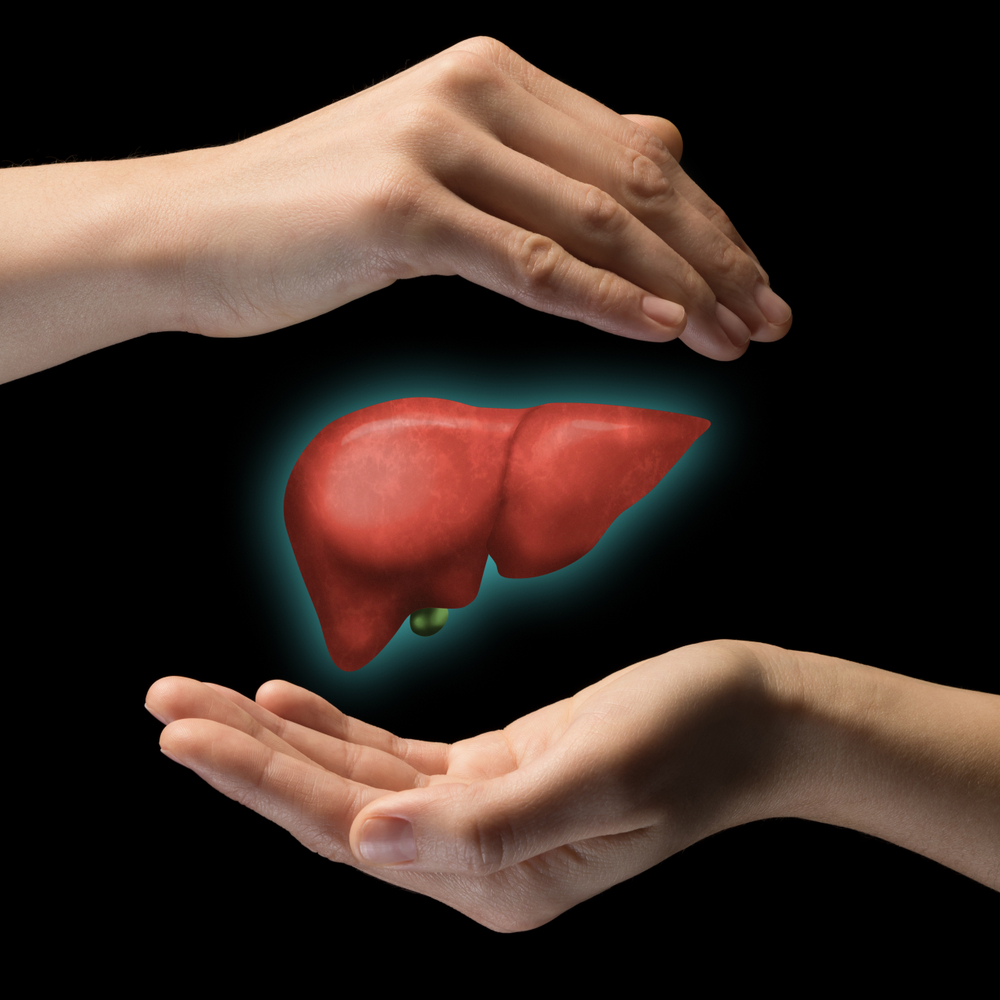A study explored the potential of intermittent fasting (IF) to prevent and reverse non-alcoholic steatohepatitis (NASH) progression in mice fed a Western diet (WD). Results showed that an IF (5:2) regimen, involving two non-consecutive days of fasting per week, significantly reduced obesity, liver fat, inflammation, and fibrosis compared to mice with continuous access to food. This regimen also improved metabolic markers such as cholesterol and fasting glucose levels, indicating enhanced liver function and metabolic health.
The research revealed that the benefits of fasting were independent of calorie reduction but were linked to increased fatty acid oxidation, ketogenesis, and glucocorticoid signaling. Fasting initiated during the mice’s active phase yielded the most favorable results, suggesting that the timing and length of fasting cycles impact outcomes. Further analysis demonstrated that PPARα and PCK1 enzymes play essential roles in mediating the hepatic response to fasting, enhancing fatty acid metabolism and reducing liver inflammation. Importantly, the IF regimen not only reversed established NASH but also prevented the progression to HCC. These findings suggest that IF could serve as a promising, non-invasive intervention to treat NASH.
Reference: Gallage S, Ali A, Barragan Avila JE, et al. A 5:2 intermittent fasting regimen ameliorates NASH and fibrosis and blunts HCC development via hepatic PPARα and PCK1. Cell Metab. 2024 Jun 4;36(6):1371-1393.e7. doi: 10.1016/j.cmet.2024.04.015. Epub 2024 May 7. PMID: 38718791.









